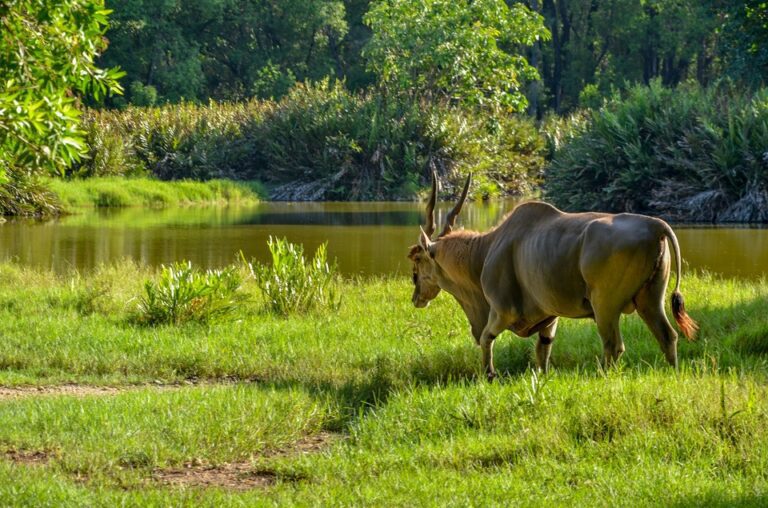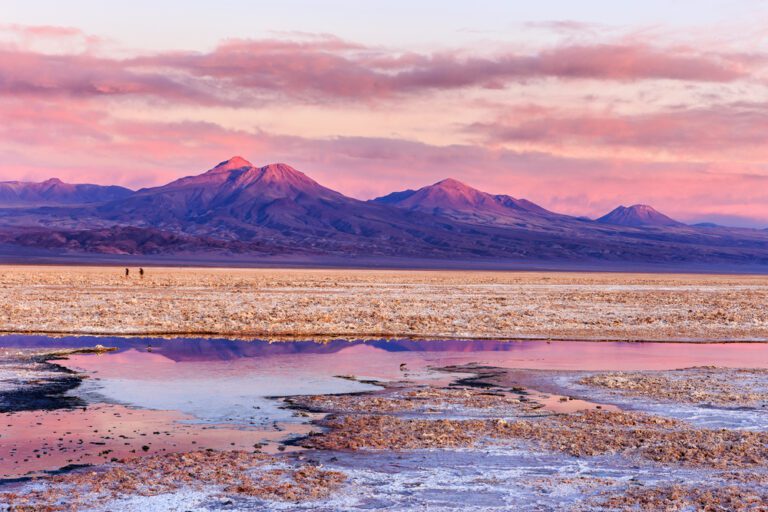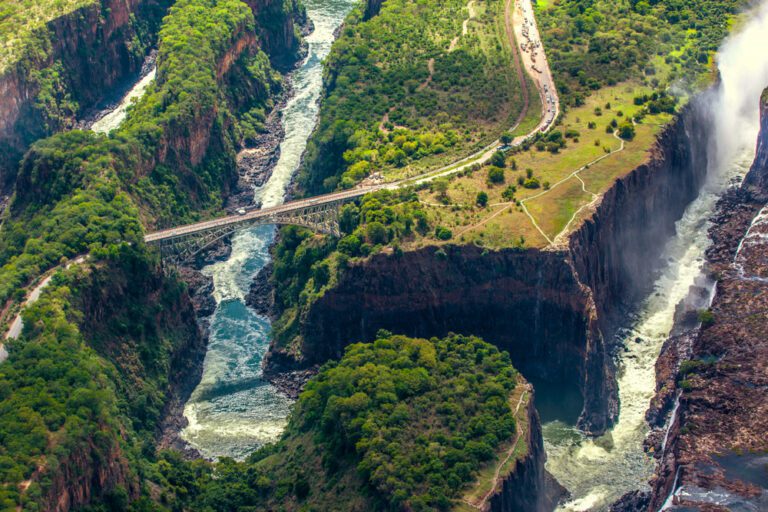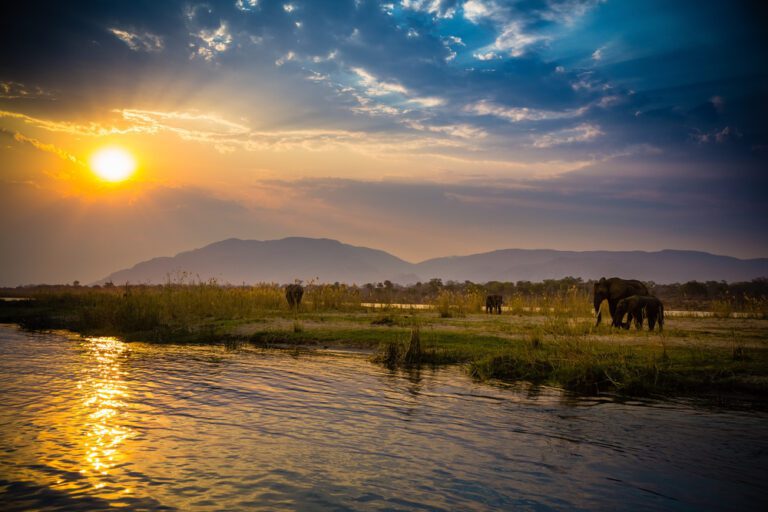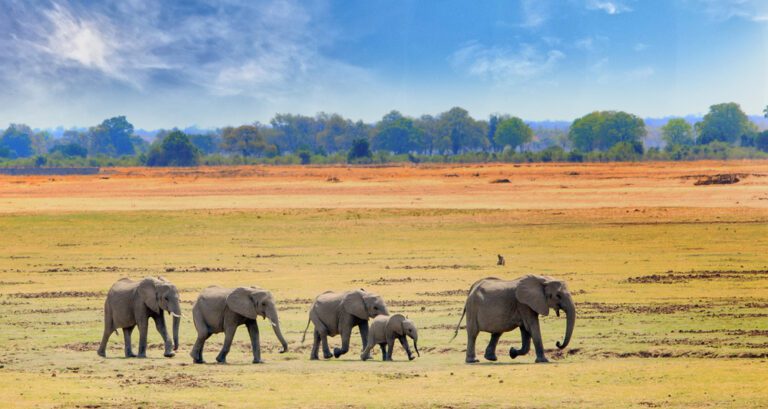For a long time, going on safari basically meant one thing: observing wildlife from the inside of a jeep. These days, however, discerning travellers want to go deeper. Instead of being told about the animals, and efforts to conserve them, they want to participate—whether spending the day with an anti-poaching unit or taking part in arhino-relocation mission.

According to Michael Lorentz, of safari specialist Passage to Africa, the itinerary of the future is driven by experience, rather than by creature comforts. “It has become about what you did, the people you met who are making a difference,” Lorentz said, noting many guests want privileged access to one-off conservation missions, such as witnessing African Parks’ translocation of elephants in Malawi. Even first- timers booking safaris to iconic parks in Kenya, Tanzania, Botswana, and Zimbabwe are demanding a more meaningful experience, according to Karen Zulauf of safari outfitter Deeper Africa.

A typical Deeper Africa trip to Zimbabwe, for example, would be led by some of the country’s most prominent conservationists, such as Mark Brightman of the Bumi Hills Anti-Poaching Unit, and include an afternoon with the Shangaan people, former hunter-gatherers now at the forefront of community conservation in Gonarezhou National Park. As Zulauf put it, “Connecting our guests with the right people and projects reframes the way they view Africa, and the way they present it to others.”


